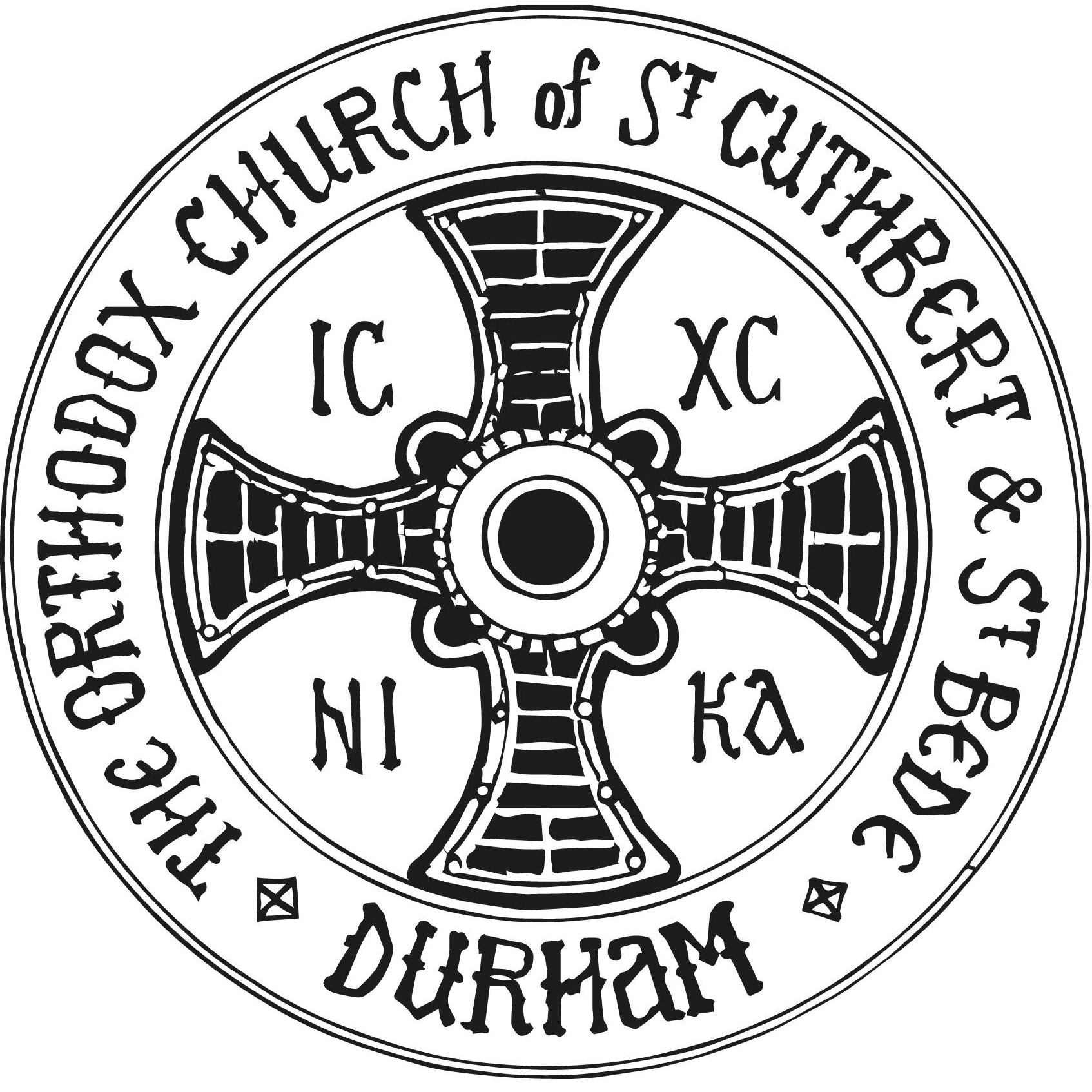Christ is risen! Христос воскресе! Χριστὸς ἀνέστη! Hristos a înviat!
It is a strange feast, the Mid-Feast of Pentecost. It was, in fact, kept early on, both in the East and the West, but by about the eighth century, the West had forgotten about it. It is, in fact, a made-up feast; there was, so far as I know, no feast marking the mid-point of the Feast of Weeks, which is the Jewish origin of Pentecost. However, it marks a distinct point in our progress from Pascha to Pentecost, and whoever devised the lectionary had thought carefully about what the mid-feast meant. The title comes from the first words of the Gospel for the mid-feast: ‘Already at the middle of the feast, Jesus went up to the temple and preached’ (John 7: 14). What feast? The beginning of the chapter makes it clear, with its reference to the ‘feast of the Jews, the feast of booths or tabernacles’ (the Greek word, σκηνοπηγία, outside the Greek Bible, means, apparently a swallows’ nest!). The Feast of Tabernacles (in older English translations) or of Booths, or Huts was one of the great Jewish feasts, even greater than Passover, Josephus tells us: it was partly a kind of harvest festival, taking place, therefore, in the autumn; it also recalled the Israelites’ forty years in the wilderness with Moses, when they lived in tents (another word used in this context)—in the wilderness of Sinai, where Moses received the Law, and where God lived in the Tent or Tabernacle of Witness, which moved with the Israelites, accompanied by a pillar of cloud and one of fire: a time when God was close, not in some remote temple in Jerusalem, as later, but there with his people as they lived as nomads in the desert. At the beginning of the chapter (which we read as yesterday’s Gospel), Jesus had said that he would not go up to the feast, for ‘my time has not yet come’ (John 7: 6 and 8). So his brothers go up to Jerusalem on their own. And then we hear that Jesus has indeed gone up to Jerusalem, privately, on his own—and he goes to the temple and teaches there. His teaching is met with amazement: how can this illiterate teach without having been taught? It is interesting that this repeats, in a different vein, the same comment in St Mark’s Gospel, after Jesus teaches for the first time in a synagogue: there is not a word about what he said, but how he said it: ‘And they were amazed at his teaching, for he taught them as having authority and not as the scribes’ (Mark 1: 22). So here, before we hear a word of Jesus’ teaching, there is this comment about the amazement at his preaching at all—he commands their attention, but they don’t quite know how. There follows what sounds like snatches of what Jesus said, and the reaction of those who heard him. You can hear their incomprehension mounting, though we have been told in the verses just before our Gospel begins (the end of yesterday’s Gospel) that those who heard him differed among themselves—some saying he is good, others that he is leading the people astray. And at the heart of this there is a challenge from Jesus: you think you know me, you think that I have ‘my own teaching’, but no—my teaching is not mine, but from the one who sent me (John 7: 16); nor do you know me nor where I have come from: ‘I have not come on my own, but the one who sent me is true, and you don’t know him. But I know him, because I have come from him, and he sent me’ (John 7: 28–9). So, who is this Jesus who works signs, like no one else, and we are amazed—but dismayed?
The season of Pentecost is about encountering Jesus. We read throughout the fifty days the Gospel of John, the Gospel in which Jesus seems to reveal himself, not speaking in parables, but declaring himself to his disciples; and on Sundays we have a series of encounters with Christ, encounters with Thomas, the Myrrh-bearing women, the paralytic, and next Sunday, the Samaritann woman, and then the man born blind: encounters which, as I suggested last Sunday, have a meaning, which is unfolded in the discourses of which John’s Gospel is full. But at the mid-feast we are brought up against how disconcerting encountering Christ could be. How it calls in question what we think we know—about ourselves, about the world, about him. How to encounter Christ is both to be amazed and in some way dismayed. There is something deeply mysterious about Christ, and if we seek to follow him, all we can be sure of is that it will be disconcerting; that we will discover within ourselves an ambivalence, a capacity for doubt, even a fear of being able to continue with him (at the end of the chapter just before, ch. 6, we read that ‘many of his disciples said, this teaching is too hard for us: who can listen to it?’—just after the Lord had spoken of drinking his blood and chewing his body). And our Gospel reading does not resolve anything: his hearers get so angry that ‘they seek to seize him, but no one could lay a hand on him, for his hour had not yet come’ (John 7: 30). The resolution only comes later on in the chapter, in the passage that we read—at Pentecost itself, in 25 days’ time, when Jesus ‘stood up on the last day, the great day, of the feast, and cried out saying: If anyone thirsts, let him come to me and drink…’ (John 7: 37). But we haven’t got there yet, we have still 25 days to go; so much to learn, so much to understand, as we seek to follow this difficult master.
Christ is risen!
